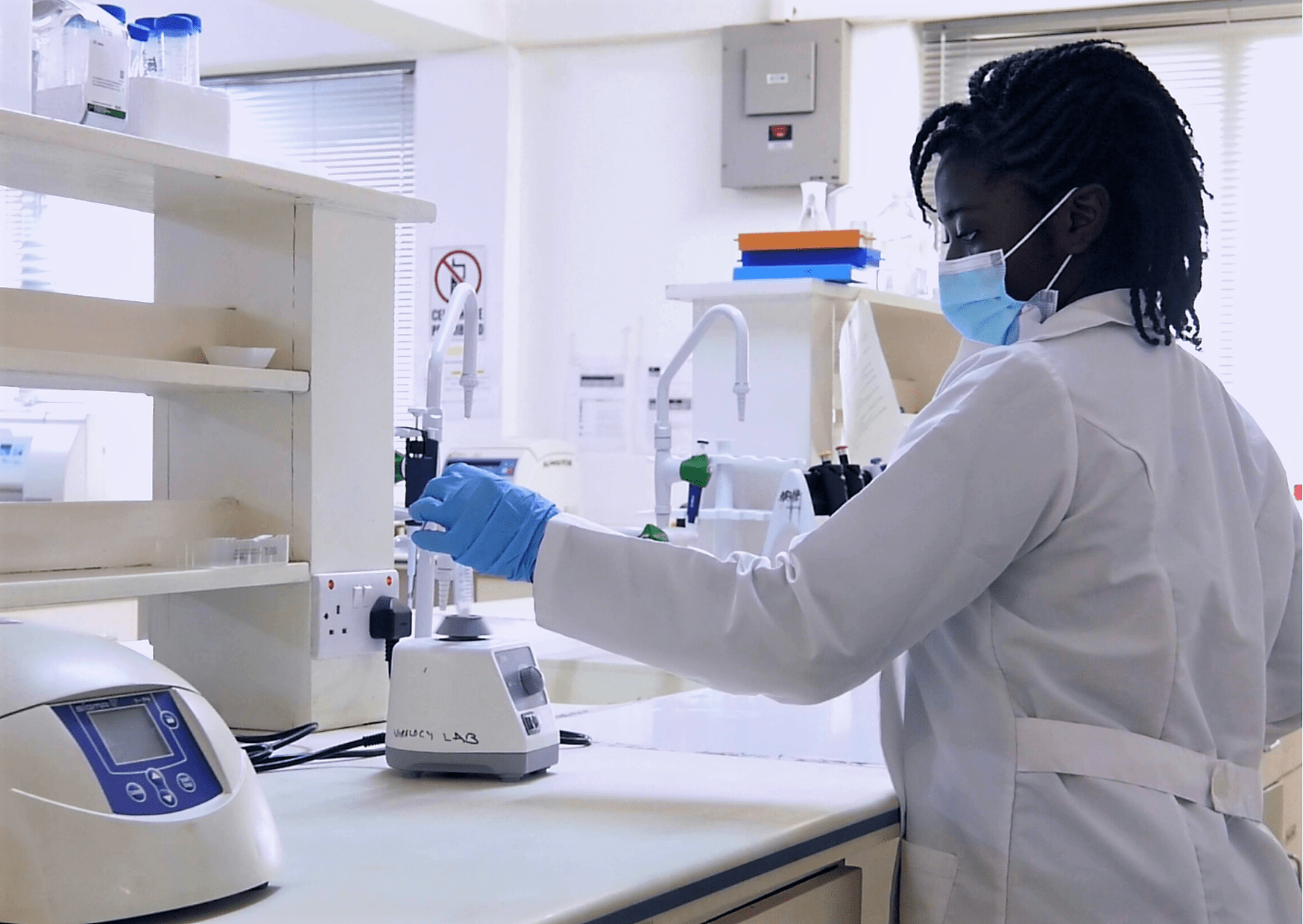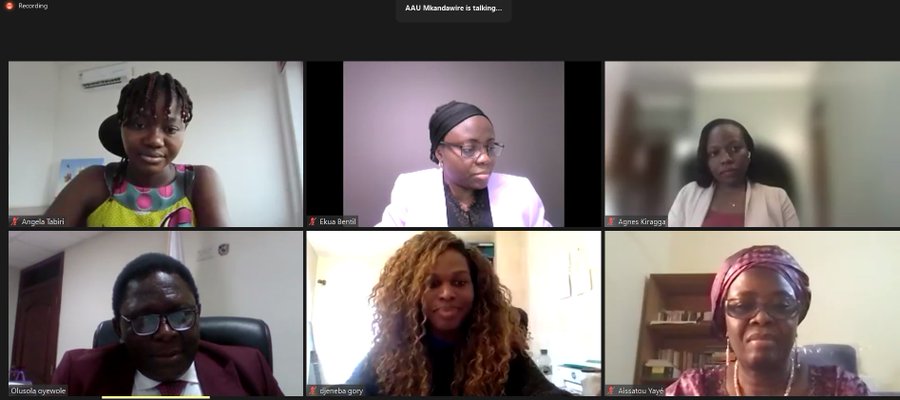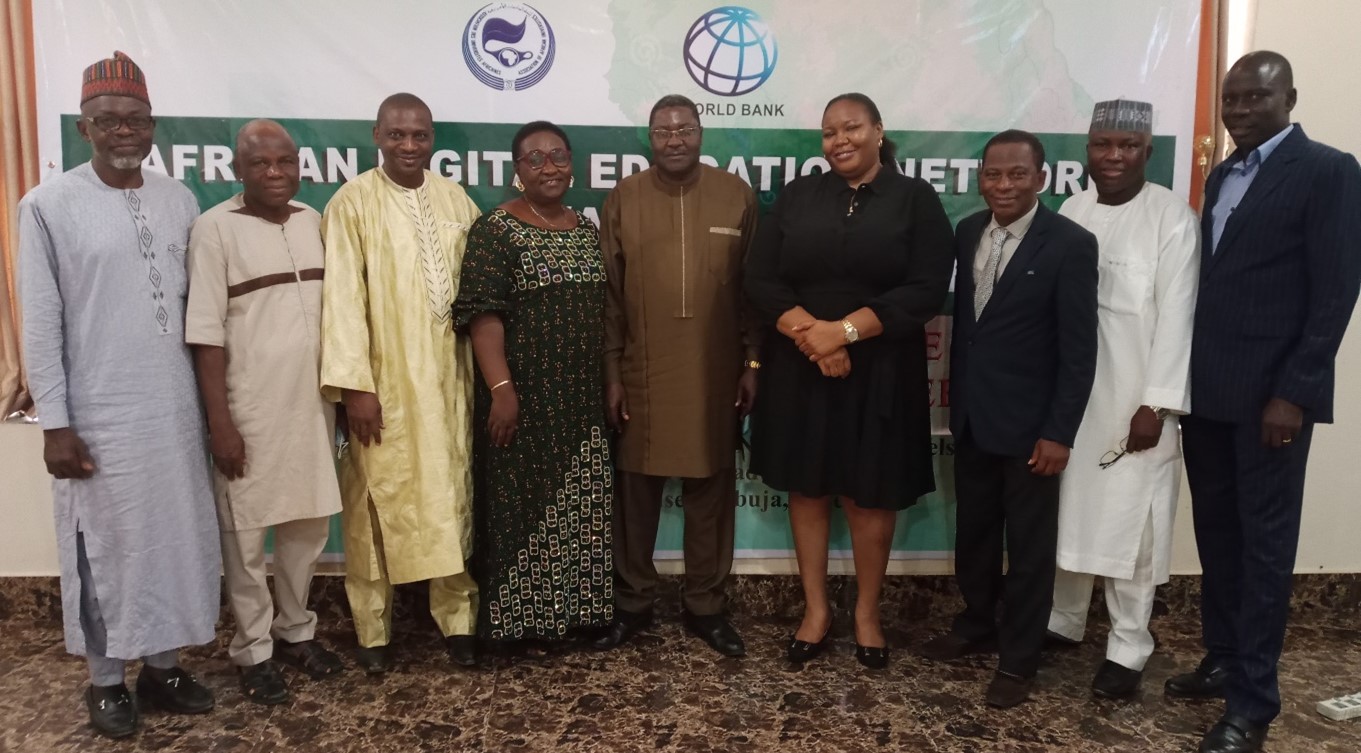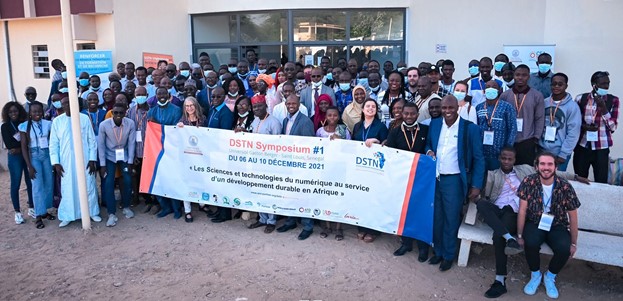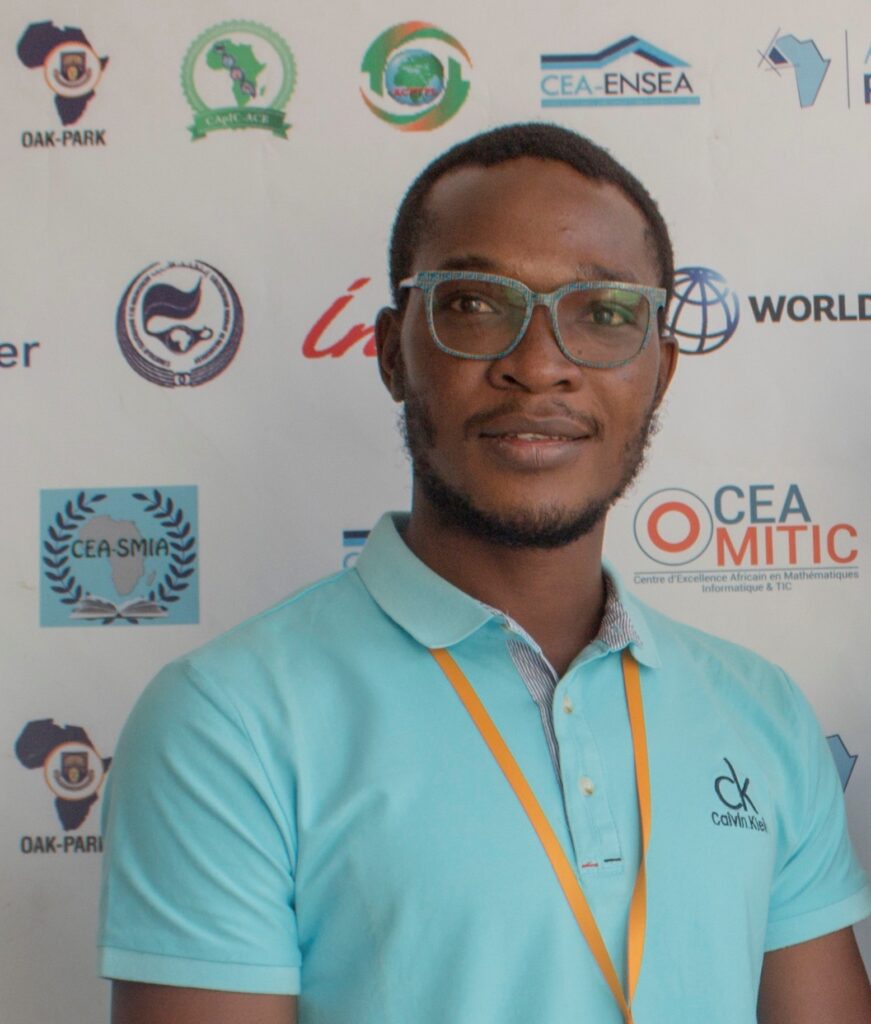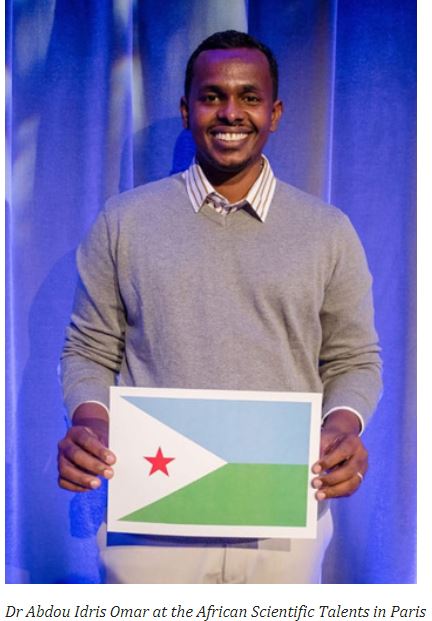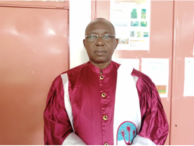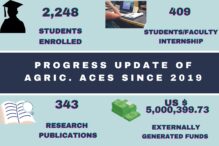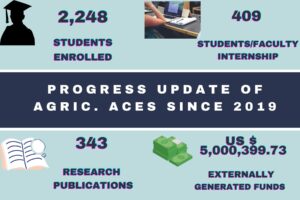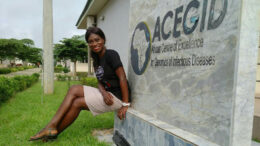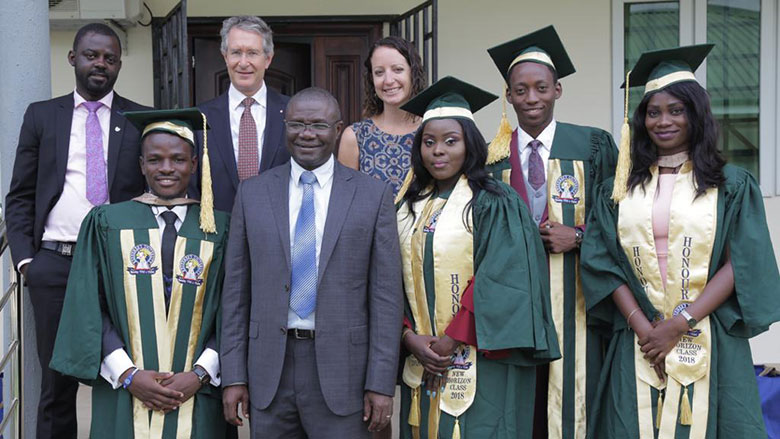Propelling Health Research & Innovation in Africa through Africa’s Higher Education Institutions
Africa aspires to a future of quality health and excellent well-being. Sustainable Development Goal three (SDG 3: Good Health and Well-being) builds on this hope by providing guidance to ensure the attainment of this goal as the continent progresses toward sustainable and equitable health. To achieve this, African governments have made commitments through various initiatives to strengthen health care systems as well as build capacities for innovative research in addressing health-related challenges in the region. One of the core interventions is Africa Higher Education Centres of Excellence- a World Bank initiative in collaboration with African governments to strengthen the capacity of universities to deliver quality education to address regional developmental challenges. Considering that health is one of the key sectors with challenges needing critical interventions, the ACE Project has health as one of its six priority areas. The aim is to enhance the capacity of the participating universities by providing the needed facilities and infrastructure to deliver quality training and applied research for an extension and transfer of knowledge and skills to other institutions within and outside the continent. Again, the project seeks to promote locally skilled researchers and health professionals equipped with quality training within the region.
There are 13 centres of excellence focusing on various aspects of health including cell biology and genomics of infectious diseases, tropical diseases, reproductive health, maternal and infant health, pharmaceutical science, and genetic and herbal medicines. The centres have played pivotal roles in leading transformative research contributing to managing critical health issues in the sub-region and continentally. The 13 centres of excellence promoting the innovative drive to scientific research in health are: Centre for Training, Research and Expertise in Drug Sciences (CFOREM), University of Ouga; Centre for Bio-technological Innovation for the Elimination of Vector- Borne Diseases (CEA-ITECH_MTV)-both in Burkina Faso; West Africa Centre for Cell Biology of Infectious Pathogens (WACCBIP) and West African Genetic Medicine Centre (WAGMC) both hosted by the University of Ghana; Centre of Excellence for the Prevention and Control of Communicable Diseases (ACE-PCMT, Guinea); African Centre of Excellence in Genomics of Infectious Diseases (ACEGID), Redeemer’s University; Centre for Neglected Tropical Diseases and Forensic Biotechnology (ACENTDFB), Ahmadu Bello University; Reproductive Health Innovation (CERHI), University of Benin; Centre of Excellence for Population Health and Policy (ACEPHAP); Centre for Mycotoxin and Food Safety (ACEMFS); Africa Centre of Excellence for Drug Research, Herbal Medicine Development and Regulatory Science (ACEDHARS); Centre of Excellence for Public Health and Toxicological Research (ACE-PUTOR, University of Port Harcourt)- all in Nigeria; Centre for Maternal and Infant Health (CEA-SAMEF, Senegal).
Community Health Engagement
Community engagement remains crucial to project implementation to deepen the impact of centres’ activities. In line with this, some centres have successfully organized various community outreach programmes aimed at awareness creation on diseases as well as free medical screenings. Notable among these social interventions include WACCBIP screenings for COVID-19, HIV and breast cancer for over 10,000 residents of Accra; Over 2,500 residents of the Akyem Abuakwa State, a suburb in the Eastern region of Ghana also benefitted from free health screening exercise (physical examination, mental health screening, etc.) conducted by WAGMC.
Partnerships and Collaborations
As strategic partnerships and collaborations hold significant potential to transform and strengthen centres’ goals in line with project implementation and sustainability, centres have forged valuable partnerships with other institutions, industries and inter-ACE networks. The African Centre of Excellence for Population Health and Policy (ACEPHAP) has collaborated with the Kenya Nutritionists and Dieticians Institute (KNDI) and seven Kenya Universities (Maseno University, Pwani University, Masinde Muliro University of Science and Technology, Karatina University, Technical University of Kenya, and University of Eastern Africa) in the areas of teaching, research, community outreaches, training as well as staff and students exchanges. In addition, the partnership is geared toward partnership in finding lasting solutions to challenges in nutrition towards achieving the SDGs.
Regarding inter-ACE collaborations, the World Bank, AFD and the RFU in partnership with other institutions established the Inter-ACE Thematic Networks to foster collaborative research and learning among the ACEs in various thematic areas including agriculture, energy, and digital education, transport and logistics. Two of the eight Thematic Networks are focused on health.
The West African Network of Infectious Diseases ACEs (WANIDA) was created in 2020 to facilitate interactions, collaborations and networking among the infectious diseases ACEs, other health-related ACEs and non-ACE institutions in the sub-region to address the inadequacies of existing health systems across Africa for responding to significant public health threats. The participating centres are ACEGID, WACCBIP, ACE_PCMT, ACENTDFB, CEA-ITECH-MTV and ACEMFS.-+ With funding from the French Development Agency (AFD) and the French National Research Institute for Sustainable Development (IRD), WANIDA seeks to: Promote greater cooperation between the participating institutions to pursue high-quality research and excellence in training; Develop mechanisms for sharing research resources and technical expertise; Develop sustainable research and training capacities at WANIDA partner and collaborating institutions; Build and maintain or strengthen existing ties with industry partners. As part of promoting high-quality postgraduate training and an enhanced capacity to deliver applied research, WANIDA launched a Master’s and PhD fellowship programme for the 2020/2021 academic year and planned for a conference among other key initiatives.
The Reproductive, Maternal and Child Health ACE Network (ReMCHAN) also seeks to improve the reproductive, maternal and child health indices through strategic partnerships, collaborative research, and capacity enhancement in Sub-Sahara Africa. The participating centres are ACEDHARS, ACEPHAP, ACEPUTOR, CEA SAMEF, CEA PCMT, CERHI. The Network’s activities have been focused on strengthening research coordination through collaborative efforts and joint publications as well as facilitating staff and students exchange. In addition, the first of the Network’s seven proposed webinar series was organized virtually on 26th April, 2022. The webinar, themed “The Role of Family Planning in Reducing Maternal and Child Mortality, and the Opportunity for Contraceptive Research and Development in Africa”. brought together key health stakeholders in both academia and industry as well as development partners. The webinar emphasized the need for Sub-Saharan Africa which still carries the burden of maternal and child mortality and morbidity to continue to develop policies and research to reduce these deaths. The need for research and development of new contraceptives methods for both females and males was also highlighted as well as available funding bodies for the promotion for research.
Grants and Awards
In recognition of leadership and contributions to addressing health issues on the continent and globally. Click here for the national and international awards won by some centre leaders:
- Prof. Lorna Awo Renner, Deputy Centre leader for WAGMC received the 2021 International Women Who Conquer Cancer Mentorship Award
- Prof. Diabate Abdoulaye, Centre Director for the African Center of Excellence in Biotechnology Innovation for Vector-borne Disease Elimination (CEA/ ITECH-MTV) also received the Newcomb Cleveland Prize for his outstanding research on fighting malaria in Africa.
- Prof. Christian Happi, Centre leader for ACEGID has received the 2020 Bailey K. Ashford Medal by the American Society of Tropical Medicine and Hygiene
- Prof. Gordon Awandare, Centre leader of WACCBIP received two awards from the University of Ghana during the College of Basic and Applied Sciences (CBAS) Meritorious Awards ceremony. One in recognition of his outstanding service to the College and University and another for his leadership in COVID-19 research to support the national response.
Centres have accessed competitive funds to further their research activities. ACEPHAP won a US$553,054 Grant from the Bill and Melinda Gates Foundation to conduct an E-MOTIVE Trial (Early detection of postpartum haemorrhage and treatment) in collaboration with the University of Birmingham, United Kingdom. CERHI in collaboration with ACEGID was awarded a Grant by the Nigerian government to validate Rapid Diagnostic Tests kits (RDT) for COVID-19 testing in Nigeria. Also, the West Africa Centre for Genetic Medicine (WAGMC) received a US$3 million Grant by the National Institutes of Health (NIH), to sequence the whole genome DNA of children with sickle cell disease in Ghana.
